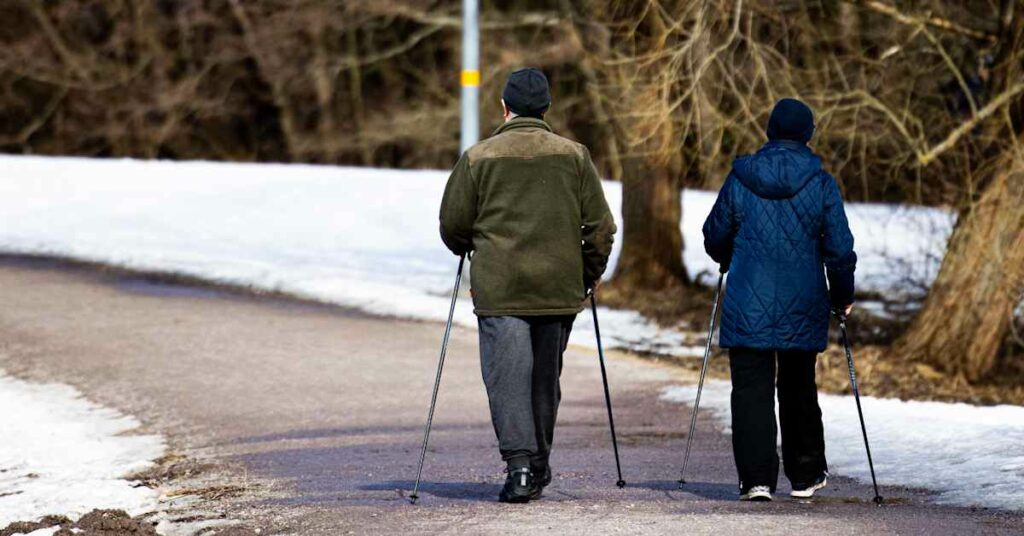Enhancing Senior Health through Lifestyle Counselling: Insights from a THL Study
Overview of the Finger Lifestyle Intervention Study
A recent investigation conducted by the Institute for Health and Welfare (THL) highlights the importance of lifestyle counselling for older adults, revealing a potential reduction in healthcare service requirements among seniors. This comprehensive study focused on individuals aged 60 to 77, analyzing how tailored support can impact their health outcomes.
Study Design and Methodology
The research encompassed a diverse group of over 1,200 participants, who were split into two distinct categories. One cohort engaged in a two-year lifestyle counselling program, while the other continued with conventional healthcare services. The participants received personalized dietary recommendations, structured physical activity routines, cognitive training exercises aimed at memory improvement, and closer monitoring of cardiovascular health risk factors.
THL meticulously tracked the healthcare usage patterns of both groups over an eight-year span to assess the long-term implications of lifestyle intervention on health maintenance for seniors.
Key Findings: Reduced Hospitalization Rates
The result was striking: those who participated in the lifestyle counselling experienced significantly reduced hospital stays and emergency room visits compared to their peers not enrolled in such programs. On average, participants benefitting from this guidance spent six fewer days hospitalized each year. Financially speaking, follow-up analyses indicated that medical expenses related to hospital admissions and emergency services were approximately €4,000 lower for those receiving life coaching compared to those who did not partake.
Jenni Kulmala—a senior researcher at THL—emphasizes that broad implementation of such programmes could greatly alleviate dependence on expensive healthcare interventions amongst elderly populations while fostering substantial cost savings within the system.
Broad Benefits Beyond Healthcare Savings
Kulmala further remarked on the multifaceted advantages observed from participating in the Finger programme. Improvements have been noted not only in memory retention but also in overall cognitive functions among elderly participants alongside notable reductions in disease prevalence and enhancement of functional abilities. These findings substantiate claims regarding favourable outcomes linked to regular involvement with structured lifestyle changes.
Growing Elderly Population Calls for Effective Solutions
Currently residing within Finland are approximately 1.3 million individuals aged 65 or older—a figure anticipated to rise steadily in forthcoming years. With demographic shifts demanding attention towards sustainable solutions that promote well-being amongst aging citizens while simultaneously managing escalating healthcare expenses associated with geriatric care challenges is crucial.
THL advocates that strategic investments into proactive lifestyle coaching models like Finger stand as robust methodologies toward achieving enhanced elder health management whilst minimizing reliance on reactive skilled medical treatment avenues regarding aging populations’ challenges today.
Adoption Challenges Despite Proven Efficacy
Despite its proven effectiveness documented during previous studies and growing awareness surrounding its benefits—the reach of this programme remains limited; only about half of Finland’s well-being counties have successfully integrated it into their service offerings thus far according to THL reports issued recently . Coordination issues surrounding regional implementations continue hindering broader acceptance across differing locales where required infrastructure must be cohesively developed before life-enhancing assistance can adequately branch outward ahead promptly serving more senior citizens desiring betterment via healthier lifestyles together!
This evidence illustrates compelling reasons why traditional reactiveness should transition toward preventative measures via comprehensive educational programmes—encouraging optimal ageing experiences across every community nationwide!
